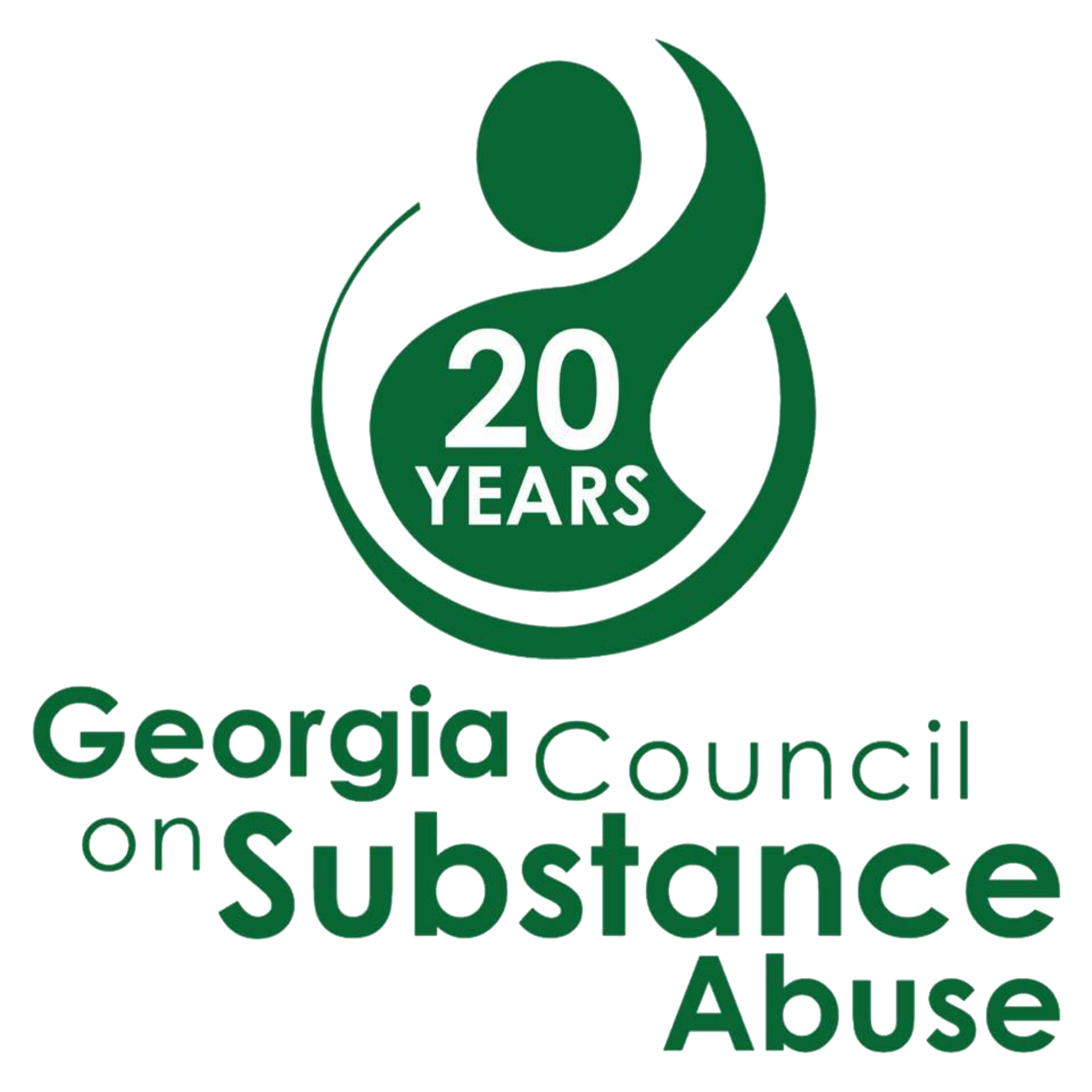The Georgia Council for Recovery
Legislative Agenda 2025
Recovery is Real
As we begin 2025, the Georgia Council for Recovery has prepared an aggressive set of legislative priorities at the federal, state, and local levels to break stigma and advance peer and family positive addiction recovery policy. While great strides have been made, there is much work to do in 2025 at every level of government and in every community across Georgia.
“The reality of Substance Use Disorder (addiction) medical issues demands a serious and dedicated response from government at all levels. Our communities are stepping up, we need our government to follow suit. In the United States, every year, more than 107,000 people are dying fentanyl poisoning / overdoses and 178,000 from alcohol use. Georgia’s annual share of those tragic deaths are 2,687 and 3,953 respectively. Georgia is facing an epidemic regarding addiction; our public servants must provide new funding to support peer led recovery programs,”said Laurisa Guerrero, Executive Director, The Georgia Council for Recovery.
“The Number One domestic Policy issue is the Addiction Epidemic. The Number one cause of death in America, including Georgia, for people 18 – 45 is overdose / fentanyl poisoning. There are 46 MILLION Americans in active addiction / 1.3 MILLION across Georgia. There are over 900,000 people across Georgia in recovery from addiction / 29 MILLION nationwide. Together, with our family and friends we will be working to educate our public officials at the federal, state, and local level on the importance of expanding funding for existing peer led recovery programs in communities across Georgia,” said Jeff Breedlove, Strategic Policy Advisor, The Georgia Council for Recovery.
LOCAL
-
The Georgia Council for Recovery will expand our work in local communities across Georgia to increase membership in the Georgia Communities Working Group on Addiction and Recovery. As more local elected officials join, the more stigma is broken and peer positive policies are put in place in our local communities.
FEDERAL
-
The Georgia Council for Recovery will work with the Georgia Congressional Delegation to increase their public support for the Georgia Recovery Community. The first opportunity is for every member of the Georgia Congressional Delegation to join the Congressional Bipartisan Addiction and Mental Health Task Force and support peer friendly legislation and funding.
-
The Georgia Council for Recovery will work with Members of Congress to advance legislation which supports enhanced and dedicated funding for peer led recovery services. The Georgia
-
Council for Recovery will work with RCOs in surrounding states to build a Southeastern US recovery coalition.
-
The Georgia Council for Recovery will work with the Trump Administration to support the Office of National Drug Control Policy being elevated to a full Cabinet position and to enhance and expand peer led programs and funding from SAMHSA.
STATE
The 2025 Georgia Council for Recovery Legislative Agenda for the 2025 General Assembly Session
- Expand funding for Recovery Community Organizations
- Work with the General Assembly Working Group on Addiction and Recovery to expand support for peer led recovery
- Expand funding for Alcohol Use Disorder supports
- Work on legislation for standards in recovery housing
- Expand funding for Maternal Peer Support
- Work on legislation to define a Recovery Community Organization
- Work on legislation to enhance and modernize support for Georgia nurses who enter into the addiction intervention protocol
- Work on legislation to require the University System of Georgia and Technical College System of Georgia to install opioid reversal boxes in all locations across campus where there is an existing AED box
-
Work to enforce parity accountability and enforcement by establishing an automated claim denial appeal process and an online scheduling and compliance tool and encourage participation by providers, facilities, and systems in ensuring parity accountability, including the regular submission of parity data to regulators and establishing a single Parity Regulator
- Work to improve provider licensing and the paneling process to reduce delays in licensing behavioral health professionals to address the state’s behavioral health workforce shortage.
-
Work to expand workforce capacity including making more efficient use of existing behavioral healthcare providers by providing services via telehealth.
- Grow the Georgia Communities Working Group on Addiction and Recovery
- Work with the Georgia Behavioral Health Innovation and Reform Commission to ensure addiction policies are included in their work
###
FOR ADDITIONAL INFORMATION
Jeff Breedlove
404-615-5735

